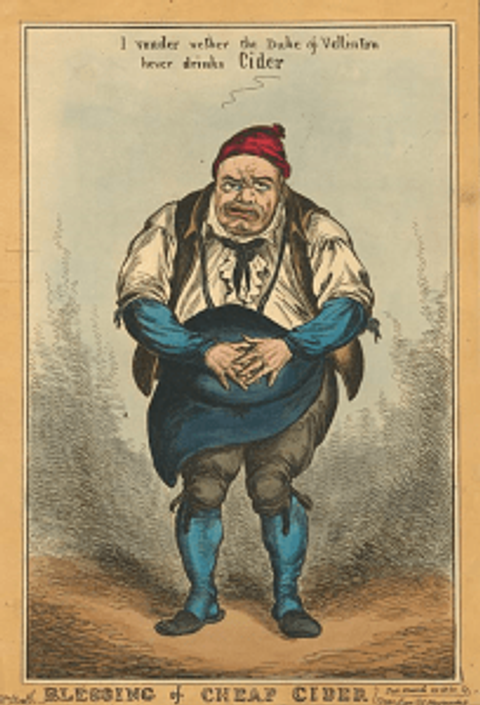LSE IDEAS: The Global Drug Wars
- Joe Spillane

- Nov 16, 2012
- 2 min read
Updated: Aug 30, 2023
Recently, the LSE IDEAS program hosted a daytime conference, “Reevaluating the International Drug Control System–Historical Evolution; Potential for Reform,” along with an evening event, “The Global Drug Wars.” Both events are worth sharing with the readers of Points.
LSE IDEAS is housed within the London School of Economics, and focuses on international affairs. The ambition is one that readers of Points might appreciate: “understanding how today’s world came into being, and how it may be changed.” That was certainly the animating spirit behind the daytime conference, very ably organized by LSE doctoral candidate John Collins. If you aren’t yet familiar with John and his work, you will be, and you might get a head start on getting acquainted here. Associated with the daytime conference is a report, Governing the Global Drug Wars, which may be read in its entirety online. What I like about the report is that it brings together some very able historical commentary with some equally solid commentary on contemporary policy regimes. I wish, of course, that these were more directly in conversation with one another, but reading them side-by-side produces something close.
The evening event was moderated by LSE IDEAS founding Co-Director, Mick Cox, and featured four presenters: Bill McAllister, David Courtwright, Ethan Nadelmann, and Nigel Inkster. You can view the entire event online. First up, McAllister, an outstanding historian of international drug control and special projects director in the State Department’s Office of the Historian. McAllister gave a remarkably useful guide to the historical nuts and bolts of the international control system, and if you pay close attention at the end, he offers some really useful insights into the prospects for future change within the system. Second up, Courtwright took the assembled audience on a colorful yet efficient tour of global drugs and alcohol history, sorting out the still-essential question of why we make war on some drugs but not on others.

Always more where this came from.
Third up, Ethan Nadelmann, Founder and Executive Director of the Drug Policy Alliance, and general friend to drug historians. The title of Ethan’s talk, “The Americas and International Drug Control,” scarcely hints at what turned out to be a rousing call to man the barricades of the drug law reform revolution. Take the time to watch, and you’ll see why no one should wish to follow Ethan on any public panel! Fourth up, and the one given the unhappy burden of following the reformist barn-burner, was Nigel Inkster, Director of Transnational Threats and Political Risk at the International Institute for Strategic Studies. I’m pleased to say that our fourth panelist was more than up to the challenge; his talk reflected some of the observations and conclusions in his recent book, Drugs, Insecurity and Failed States. For more of his work, readers might consult his recent Foreign Policy article, “Drugs: A War Lost in Afghanistan.”

Surveying the landscape of the global drug wars.
Make sure to watch to the end of the video for an entertaining question and answer period. The LSE drew a terrific–and large–audience for the evening event, with a wonderful diversity of questioners.




